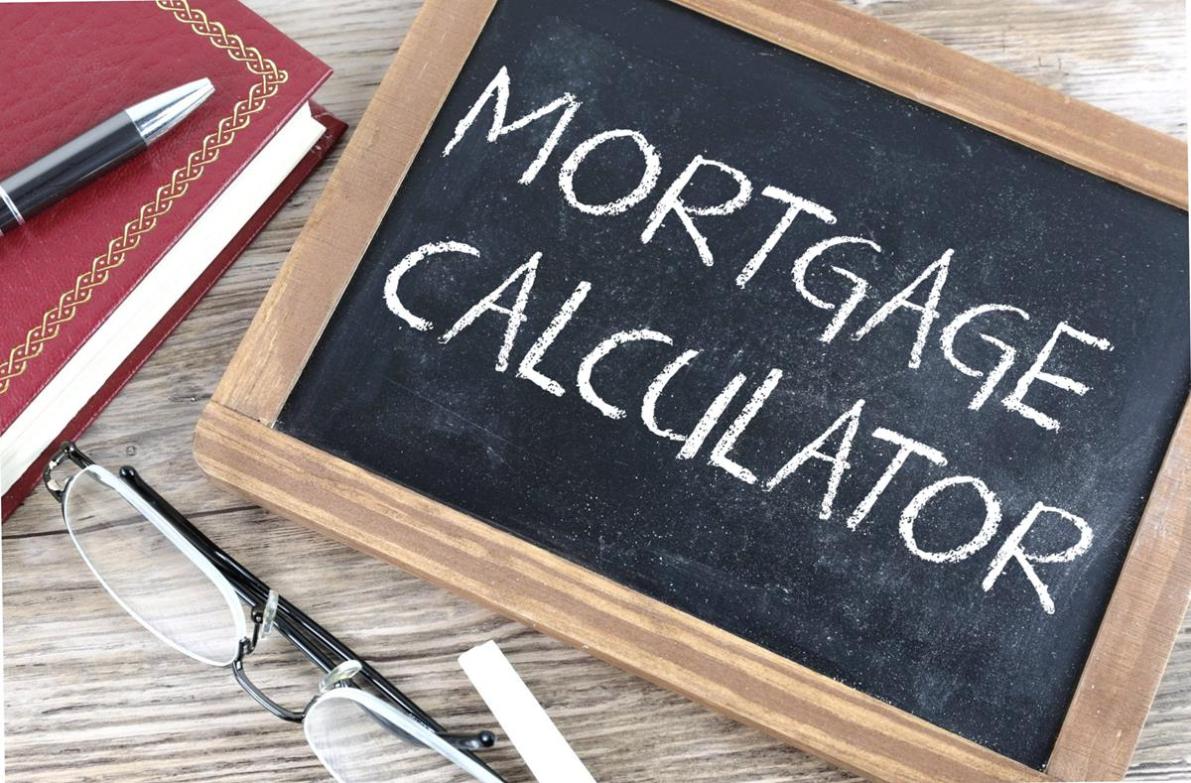How Can I Use a Mortgage Calculator to Plan for Future Homeownership?
Planning for future homeownership is a significant financial undertaking that requires careful consideration and preparation. A mortgage calculator serves as a valuable tool in this process, helping you estimate monthly mortgage payments, understand the impact of different interest rates and loan terms, and plan for a realistic budget. By leveraging a mortgage calculator, you can make informed decisions and identify potential savings opportunities, setting yourself up for a successful homeownership journey.

I. Understanding Mortgage Basics
Key Mortgage Terms And Concepts:
- Principal Amount: The total amount of money borrowed from the lender to purchase a property.
- Interest Rate: The percentage charged by the lender for borrowing the money, typically expressed as an annual rate.
- Loan Term: The duration of the mortgage, usually expressed in years, over which the loan is repaid.
- Down Payment: The upfront payment made by the borrower towards the purchase price of the property, typically a percentage of the total cost.
- Closing Costs: Fees and expenses associated with the mortgage process, such as loan origination fees, appraisal fees, and title insurance.
Understanding these concepts is crucial for using a mortgage calculator effectively and making informed decisions about your homeownership goals.
II. Using A Mortgage Calculator
Step-by-Step Guide:
- Enter the Principal Amount: Input the total amount you plan to borrow from the lender to purchase the property.
- Choose the Interest Rate and Loan Term: Select the interest rate and loan term that you are considering or have been offered by lenders.
- Input the Down Payment and Closing Costs (if applicable): If you have a down payment saved or expect to make one, enter the amount. Additionally, include any estimated closing costs associated with the mortgage process.
- Calculate the Monthly Mortgage Payment: Use the mortgage calculator to calculate the estimated monthly payment you would need to make to repay the loan over the chosen term.
Mortgage calculators are user-friendly and provide instant results, allowing you to explore different scenarios and make comparisons easily.
III. Factors To Consider When Using A Mortgage Calculator

Beyond the basic mortgage terms, there are additional factors that can affect your monthly mortgage payments and overall cost of homeownership:
- Property Taxes: Annual taxes levied by local governments on the value of your property.
- Home Insurance: Insurance coverage to protect your property against damages or losses.
- Private Mortgage Insurance (PMI): If your down payment is less than 20% of the purchase price, you may be required to pay PMI to protect the lender in case of default.
- Association Fees (for condos or townhouses): Monthly or annual fees paid to a homeowners association for common area maintenance and amenities.
- Maintenance and Repair Costs: Ongoing expenses associated with upkeep and repairs of your property.
Considering these factors will provide a more comprehensive understanding of the true cost of homeownership.
IV. Using A Mortgage Calculator For Different Scenarios
A mortgage calculator can be used to explore various homeownership scenarios and make informed decisions:
- Comparing Different Interest Rates and Loan Terms: Evaluate how different interest rates and loan terms impact your monthly payments and total interest paid over the life of the loan.
- Evaluating the Impact of a Larger Down Payment: See how increasing your down payment can reduce your monthly payments and potentially eliminate the need for PMI.
- Estimating the Monthly Payment for a Specific Property: Use the calculator to estimate the monthly payment for a specific property you are considering purchasing.
- Planning for Future Home Equity Growth: Explore how your equity in the property may grow over time, building wealth and potential investment opportunities.
Experimenting with different scenarios allows you to make informed choices that align with your financial goals and long-term plans.
V. Additional Tips For Planning For Future Homeownership
- Build a Strong Credit Score: A higher credit score can lead to lower interest rates and better mortgage terms.
- Save for a Down Payment and Closing Costs: Having a substantial down payment can reduce your monthly payments and potentially eliminate PMI.
- Get Pre-approved for a Mortgage: Getting pre-approved gives you a better understanding of your borrowing power and strengthens your position when making an offer on a property.
- Research Local Housing Markets: Understand the local real estate market, including property values, trends, and potential appreciation.
- Work with a Qualified Real Estate Agent: A knowledgeable real estate agent can guide you through the home-buying process and help you find the right property.
Seeking professional advice from lenders, financial advisors, and real estate experts can provide valuable insights and help you make informed decisions.
VI. Conclusion
Planning for future homeownership involves careful consideration of various factors, and a mortgage calculator serves as a valuable tool in this process. By understanding mortgage basics, using the calculator effectively, and considering additional factors that impact homeownership costs, you can make informed decisions and set yourself up for a successful homeownership experience. Remember, planning and preparation are essential for a smooth and enjoyable journey towards owning your dream home.
YesNo

Leave a Reply